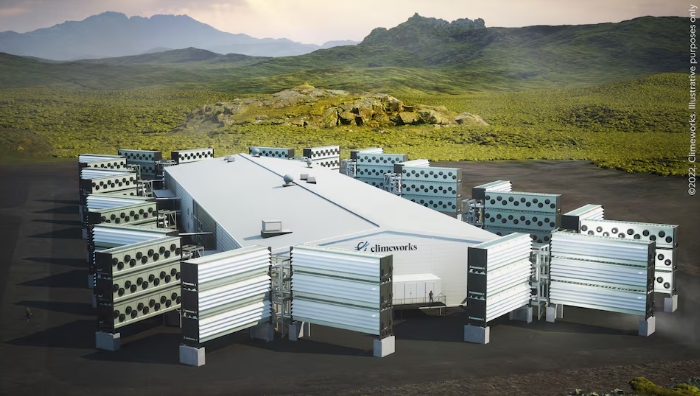
Worsening climate change and inadequate efforts to cut emissions have led U.N. scientists to estimate billions of tons of carbon must be removed from the atmosphere annually to meet global climate goals.
DAC works by using a technical process to suck carbon dioxide (CO2) out of the air and store it, usually underground.
The Mammoth DAC plant has a capacity to capture 36,000 metric tons of CO2 a year and will be fully complete by the end of 2024.
It is Climeworks' second commercial project, after the Orca plant, also in Iceland, which has a capacity of 4,000 tons a year and was previously the world's largest operational site.
“Starting operations of our Mammoth plant is another proof point in Climeworks’ scale-up journey to megaton capacity by 2030 and gigaton by 2050,” Jan Wurzbacher, co-founder and co-CEO of Climeworks said.
Climeworks is part of a consortium that has been selected for award negotiations under a U.S. programme for the technology to build a 1 million ton plant.
The removal process is energy intensive, but Climeworks' plants in Iceland are powered by the country's renewable geothermal power plants.
Critics of the technology say it is expensive and warn focusing on removing CO2 could deter companies from reducing their emissions as much as possible.
Climeworks did not detail the cost per ton of removal at the Mammoth plant but said it is seeking to reduce costs of the technology to $400-600 per ton by 2030 and $200-350 per ton by 2040.